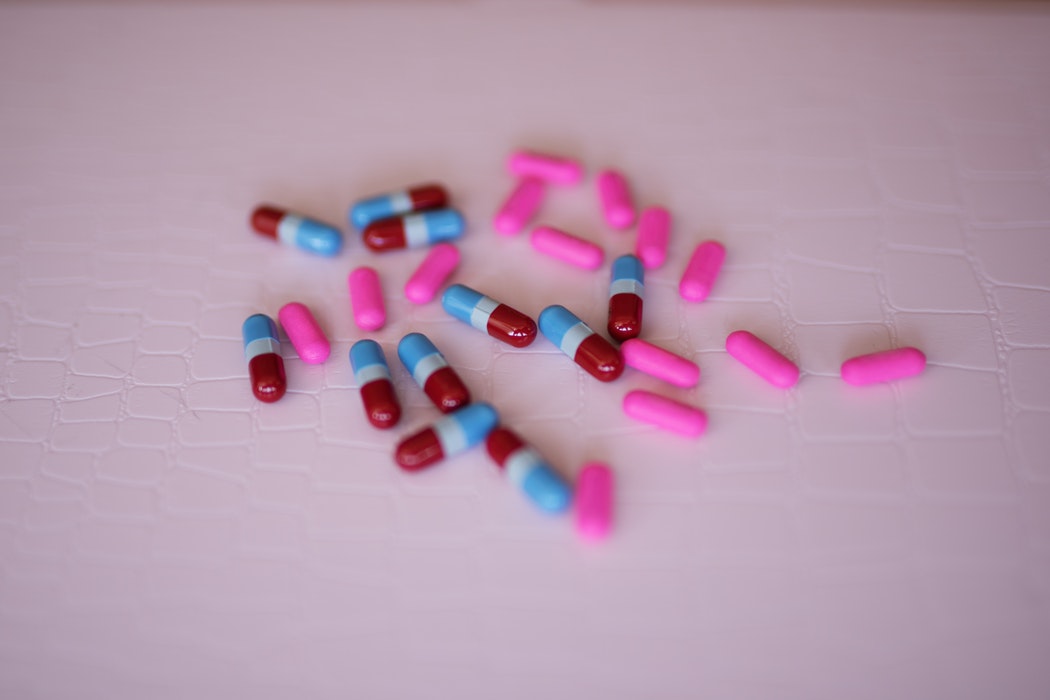
You go to the doctor and they write you a script for some medication. You go home and swallow a few pills. When the bottle runs out, you might refill it once, or that may just be the end of your treatment. If the medicine did it’s job, you may never talk to your doctor about that particular ailment again. This is how most doctor/patient medicinal interactions occur. But studies are increasingly showing that this is far from the best way to handle opioids. If doctors change their procedures a bit, they can help many patients avoid addiction to prescription pain meds.
Tapering
Doctors generally operate under the assumption that all patients can handle opioids, but this is not always the case. Doctors are finding that a sudden stop in medication can cause many to look for replacement drugs on the street. Instead, some doctors and patients in Canada are participating in transitional pain programs. Patients are then tapered off the drug rather than suddenly removed from it. They receive periodic phone calls checking in on them to see how their pain management is going.
 Tools to Manage Pain
Tools to Manage Pain
Many doctors are agreeing to not use opioids as the first line of defense, and instead are turning to other medicines first. Other tools including exercise and psychological techniques such as mindfulness meditation are key components in pain management programs.
Hopefully changes such as these will make a difference. The pain people experience is real, and as a community we need to work together to find ways to provide more effective ways to help that pain be managed or resolved than it has been in the past. If you are currently suffering from an opioid or other addiction learn more about what detox options are available. If you’re in Florida, you can call us at (833) 596-3502.






